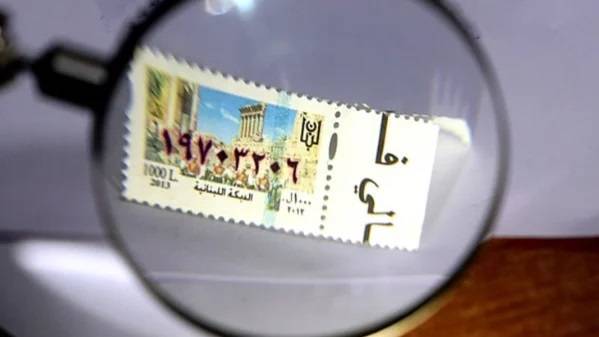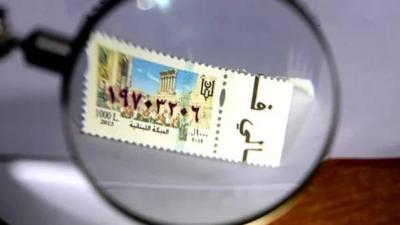Stamp issuers in Lebanon expressed pride in their "struggle as agents for tax collection on behalf of the Lebanese state." They stated in a declaration "in celebration of the centennial of stamps entering the Lebanese market": "Our history honors us in terms of collecting these taxes, not in terms of monitoring their collection. Throughout this period, there was no black market except recently after the state's retreat, particularly the Ministry of Finance, in printing stamps and meeting market needs. In response to the remarks by the Director of Treasury, the state prints only a minimal fraction of what the market requires. What is distributed to the licensees is merely crumbs compared to what is allotted to the public fund (for individuals, syndicates, and institutions, etc.) or what is known as the patronage fund. Evidence of this is shown according to the information access law, which details what was distributed, and this is what the licensees have requested from the oversight bodies without receiving a response from the Treasury Directorate after their request for information was repeatedly archived under flimsy pretexts. Hence, it is clear that the monopoly is in collusion with official bodies, as confirmed by most officials, deputies, influencers, and newspapers."
They added: "For a long time, under the pretext of adjusting information related to meeting licensing requirements, most licensees have not received their shares of stamps, which should be without a legal cap. Those who received the stamps are the legal licensees who have no choice but to sell their stamps directly to the public within detailed schedules bearing serial numbers of the stamps along with customers' names and identities. They have no option other than to sell directly to the public."
The statement noted that "according to the Director of Treasury's acknowledgment, his responsibility is limited to delivering stamps and ensuring that the licensing conditions required from the licensees are fulfilled. Referring back to the recent investigations conducted by all state security agencies, it was found that stamp selling licensees are innocent in this matter, and the responsibility lies with the Ministry of Finance. The licenses that were frozen after the investigations by the Information Branch amounted to no more than 23 licenses and not 1,400 as previously mentioned. The rest were arbitrarily frozen under the request for additional documents not mentioned in the decree regulating stamp selling licenses."
It was reported that "regarding filing a lawsuit against the Treasury Directorate to overturn the decision that mandates informing the Ministry of Finance of the identities of individuals purchasing stamps, the stamp licensees in Lebanon want to inform the public that the lawsuit is aimed at repealing harmful administrative decisions that eliminate the right to use agency to procure stamps, set a cap on withdrawals, impose regional limitations on withdrawals, and cancel the request for customer lists not in terms of personal freedom as stated, but because the licensee is not a custodian and has no right to request identification documents from citizens. Recently, the Ministry of Finance created alternatives for the financial stamp, which is a major issue, as the form P14 is a gateway for tax evasion and fraud, and the companies tasked with providing this form charge additional fees on the due tax."
The stamp issuers continued: "Regarding the marking machines, this last nail in the coffin of the licensees is an illegal method as it does not comply with the public procurement law. The marking machines are sold and operated without passing through any tender process. Finally, the only solution remains to print large quantities of stamps that would flood the market."




